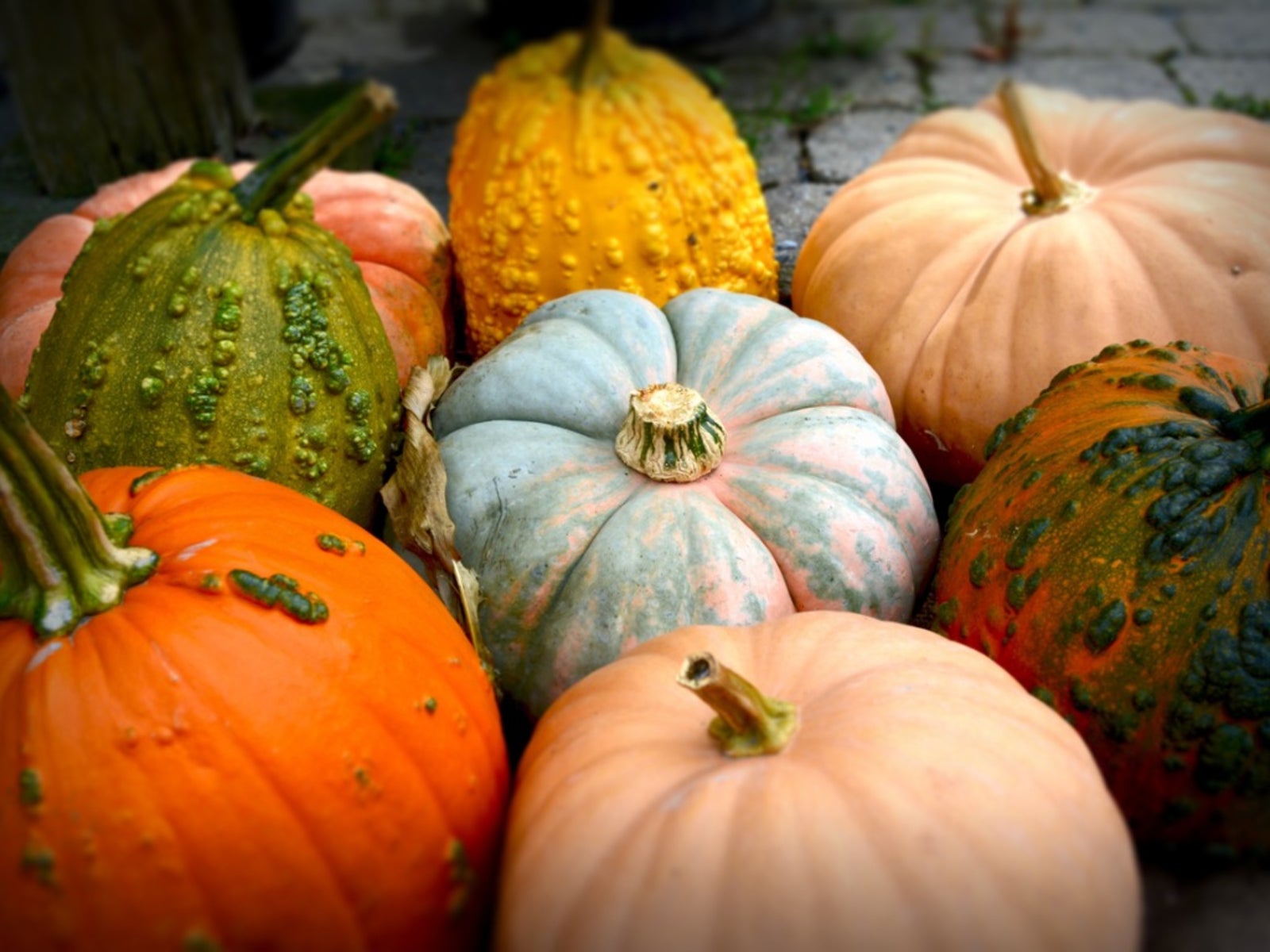What Are Cucurbits: Cucurbit Plant Info And Growing Conditions

Sign up for the Gardening Know How newsletter today and receive a free copy of our e-book "How to Grow Delicious Tomatoes".
You are now subscribed
Your newsletter sign-up was successful
Cucurbit crops are one of the most commonly grown in the garden. What are cucurbits? Keep reading to learn more about cucurbit plant info and discover just how much you may already know about these plants.
What are Cucurbits?
The Cucurbitaceae family is the species with the most food used for human consumption. The common types of cucurbits that we are familiar with include such things as:
Many people don't know that gourds are included in this group as well. All cucurbits, except the bottle gourd, have bright yellow flowers. Each vine produces a male and a female flower.
Growing Cucurbit Crops
Cucurbits grow best in summer weather when days and nights are consistently warm. Traditionally, cucurbit crops need a fair amount of space to sprawl and twine, however, there are now dwarf and bush types of cucurbits that are well suited to small spaces. It is also possible to train traditional vines to vertical structures to save space. Cucurbits need full sun and well-drained soil in order to thrive. Before planting, add organic matter for best results. If your soil is particularly heavy, you can add peat or rotted manure. All cucurbits require low nitrogen and high potassium for fruit development. It is always best to take a soil sample before fertilizing. Be careful not to over fertilize with nitrogen. This will encourage a healthy vine but stunt fruit development. Provide one inch (2.5 cm.) of water per week, delivered slowly and in the early morning. Follow specific planting instructions for varieties that grow best in your area.
Cucurbit Diseases
A wide range of cucurbit diseases can affect these plants at different growth stages. Fungus and bacteria can cause wilts, rots, and blights. It's important to first diagnose the disease before attempting treatment. Proper watering and feeding programs help to keep plants healthy and diseases at bay. If you're in need of specific cucurbit plant info, it's best to consult your local Cooperative Extension Office. Usually, a horticultural specialist can help you deal with any crop concerns and recommend an effective solution.
Sign up for the Gardening Know How newsletter today and receive a free copy of our e-book "How to Grow Delicious Tomatoes".